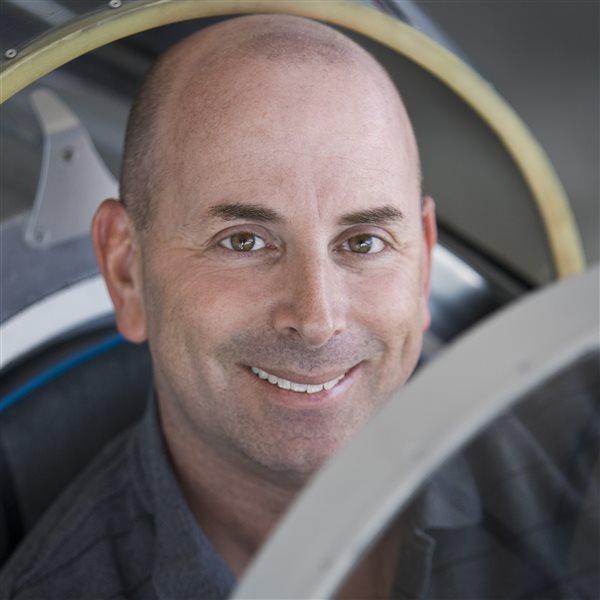Lancair Mako debuts
Lancair used to be at the forefront of a decades-long movement to increase the speed, styling, and sophistication of kit airplanes. But the company lost its focus as it pursued a variety of aviation projects and went through a series of ownership changes. Now, Lancair is going back to its elegant roots with the Mako, a roomy, powerful, four-seat, kit airplane that externally is almost identical to the Lancair ES—but faster—with a cruise speed of about 200 KTAS.
"We're continuing the Lancair lineage, but we're doing it with 21st-century technology and updating a product line that had been neglected for a long time," said Conrad Huffstutler, Lancair president. "We're also providing customers with a very broad range of options so they can customize their aircraft."
Huffstutler and his family used to own Sierra Industries, a turbine aircraft upgrade and modification shop in Texas that developed hundreds of supplemental type certificates for Cessna Citations, Beech 400s, and other business jets.
The company also owned a Lancair IV-P that it used for commuting to business meetings throughout Texas, and Huffstutler said he came to appreciate its speed, styling, and efficiency.
When the family sold Sierra Industries and Lancair became available, the family bought the kit aircraft firm and moved its spare parts, molds, and jigs to its suddenly vacant 88,000-square-foot facility in Uvalde. Lancair currently employs about 15 people there, and the company will use the facility as a completion center where customers can get factory assistance in building specialized components.
"Builders will come to Uvalde for two weeks and build their wings and other structural parts in our precision jigs," Huffstutler said. "After that, they can bring their airplanes home, or keep them in Uvalde and we'll help them with the rest of the build."
Mako kits have a retail price of $127,000. Finished airplanes will cost between $250,000 and $500,000 depending on options.
Huffstutler said the company intends to help customers produce finished airplanes for about half the cost of a new factory-built, high-performance single. And that value proposition is what convinced the family to produce aircraft kits in the first place.
"We're bringing the quality and the mentality that we developed during many years in the certified aircraft world to Lancair," Huffstutler said. "But we're doing it in a way that leaves out unnecessary costs and provides much more performance and value."




